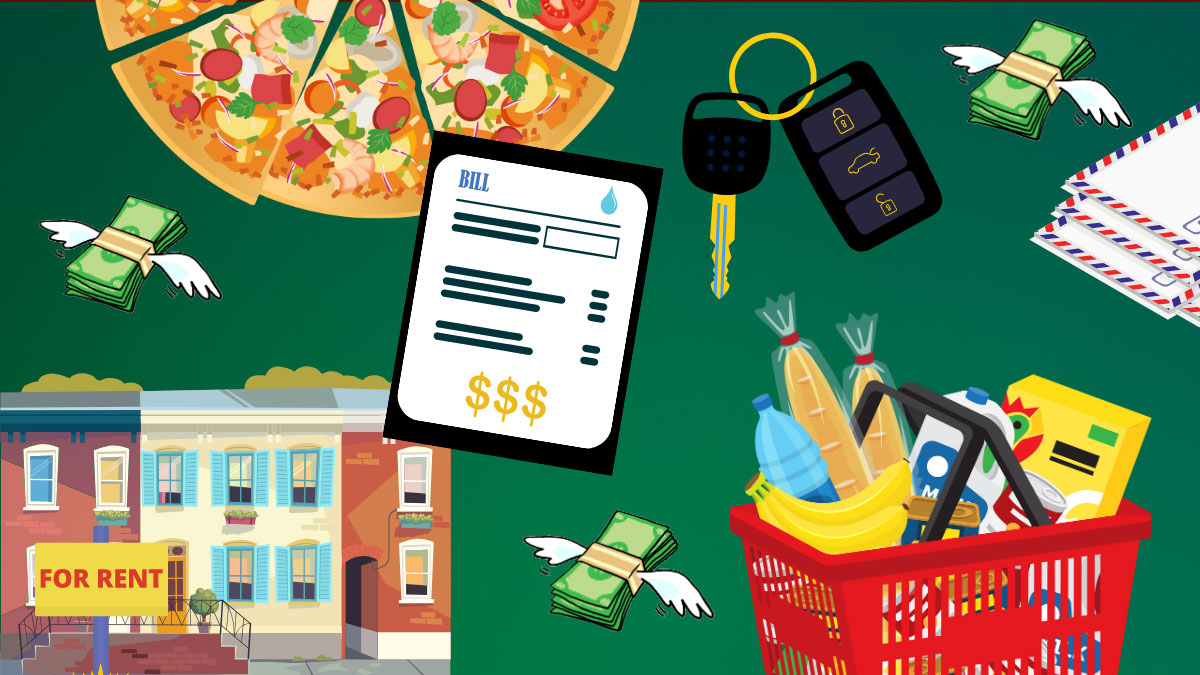News4 Consumer Reporter Susan Hogan shares programs that can help get your bills under control.
If your utility bill is due and you’re struggling to keep up with payments, there are some government grants that can assist you.
Help paying utility bills in DC, Maryland or Virginia
First, there's the Low Income Home Energy Assistance program (LIHEAP). This program helps with outstanding energy bills.
"What LIHEAP does, it provides grants to eligible residents who may need assistance with paying their utility bill," Pepco's Ronni McTier told us. "This can include homeowners. It can include renters. It can include people who are rooming."
We've got the news you need to know to start your day. Sign up for the First & 4Most morning newsletter — delivered to your inbox daily. Sign up here.
LIHEAP is a federally funded program based on income eligibility. The grant amount varies on where you live. Payments are made directly to the utility company and are applied to your account.
"And these are grants that they do not have to pay back," McTier said.
Don’t assume you’re not eligible based on your income. These programs can raise eligibility income limits, so it’s better to apply, go through the process and let the agency determine your eligibility.
To learn where to apply, go to LIHEAP.org. Then select your state and county to be directed to your local handling agency.
Help paying water bills in DC, Maryland or Virginia
Now to your water bill: For assistance, you can apply to the Low Income Household Water Assistance Program (LIHWAP). This program works similar to LIHEAP, provides grants to low-income households with past-due water bills.
To apply in the District, contact the D.C. Department of Energy and Environment.
In Maryland, visit myMDTHINK.Maryland.gov.
And in Virginia, the program is administered by the Virginia Department of Social Services.
Congress created this program during the pandemic. Funding for the program expired last year, but some states still have money remaining. Applications are accepted on a first-come, first-served basis or until funding runs out.
Several U.S. senators are asking Congress to continue funding LHIWAP for the 2024 fiscal year.



